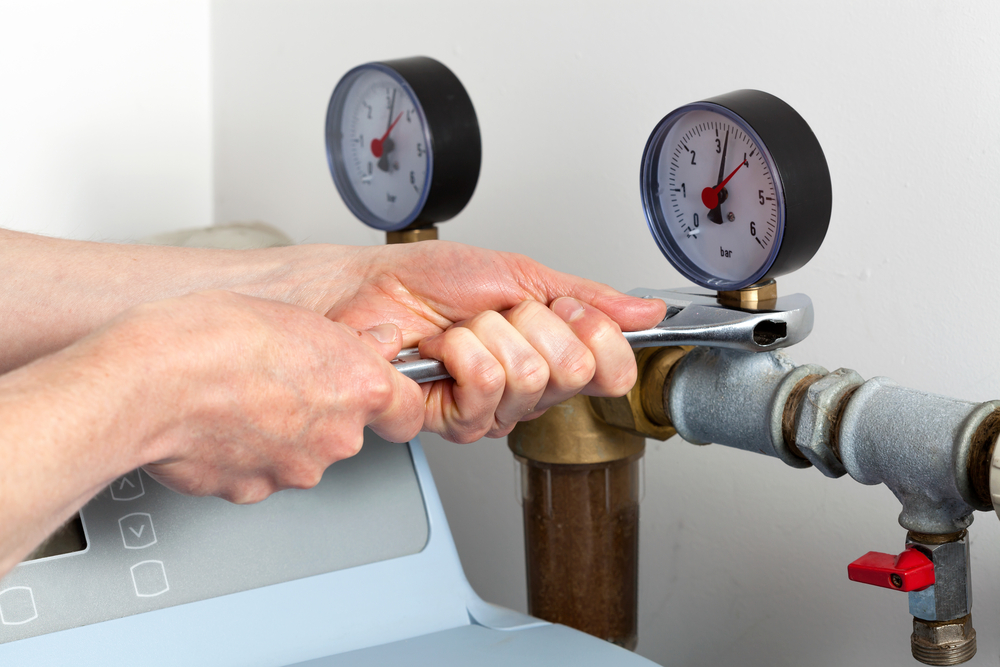If you’re looking for a plumber to install a water softener, you’ve come to the right place. In this article, we’ll cover everything you need to know about plumbers who install water softeners, including what water softeners are, why you might need one, and how to choose the right plumber for the job.
What is a Water Softener?
A water softener is a device that removes minerals, such as calcium and magnesium, from hard water. Hard water can cause a variety of problems, including clogged pipes, soap scum buildup, and dry skin and hair. A water softener can help alleviate these problems and improve the overall quality of your water.
Why You Might Need a Water Softener
If you live in an area with hard water, you might need a water softener to prevent damage to your plumbing and appliances. Hard water can cause scale buildup in your pipes, which can lead to clogs and reduced water pressure. It can also cause damage to your water heater, dishwasher, and other appliances. Additionally, hard water can leave unsightly stains on your sinks, toilets, and bathtub.
How Water Softeners Work
Water softeners work by using a process called ion exchange. The water is passed through a tank filled with resin beads that are charged with sodium ions. As the hard water passes through the resin, the calcium and magnesium ions are exchanged for sodium ions, which do not cause scale buildup.
Signs You Need a Water Softener
There are several signs that you might need a water softener, including:
- White, chalky buildup on your faucets and showerheads
- Soap scum buildup in your bathtub and shower
- Stiff, scratchy laundry
- Spots on your dishes and glasses
- Dry, itchy skin and hair
Choosing a Plumber to Install Your Water Softener
When choosing a plumber to install your water softener, it’s important to find someone who is experienced and knowledgeable in water softener installation. Look for a plumber who is licensed and insured and who has good reviews from previous customers. You can also ask for referrals from friends and family members who have had water softeners installed.
What to Expect During the Installation Process
The installation process for a water softener can vary depending on the type of system you have and the complexity of the installation. In general, the plumber will need to:
- Turn off your water supply.
- Install a bypass valve.
- Connect the water softener to your plumbing.
- Add salt to the water softener.
The plumber should also test the system to make sure it’s working properly before leaving your home.
Maintaining Your Water Softener
To keep your water softener working properly, it’s important to maintain it regularly. This includes:
- Adding salt to the system as needed
- Cleaning the resin tank annually
- Checking the brine tank for salt buildup
- Checking the water pressure and flow rate
Benefits of Having a Water Softener
There are several benefits to having a water softener, including:
- Longer lifespan for your plumbing and appliances
- Cleaner dishes and glasses
- Softer, smoother skin and hair
- Reduced soap and detergent use
- Lower energy bills due to improved water heater efficiency

